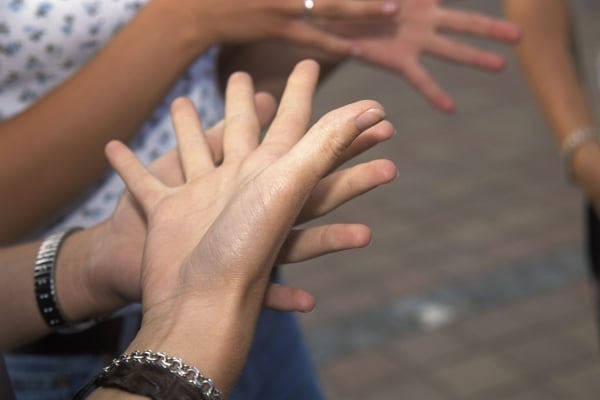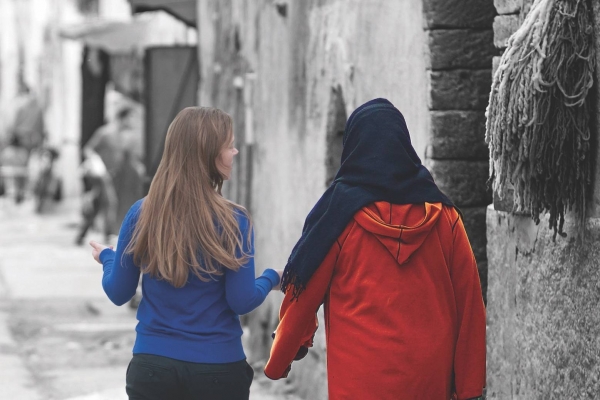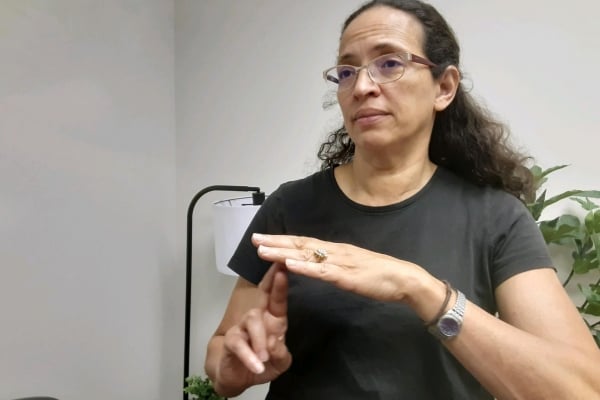
Deaf Initiative Update, Quarter 2 2022 - Opportunity to Reach the Displaced Deaf
When people are displaced from their homes, they face immense losses and challenges. Though the reasons for forced migration—for example, unemployment, war, famine or persecution—are varied, no matter the circumstances, individuals lose their sense of identity, their culture, their language, their history and perhaps even their families. However, the challenges and losses that displaced Deaf persons experience are often greater than those faced by those who can hear.
I recently met a Deaf worker from another organization who is helping Deaf Ukrainians evacuate to safety. He has seen the trauma firsthand and understands how it can be especially difficult for Deaf individuals to process. While some Deaf people can feel vibrations from the booming sound of an explosion, for those who don’t, the bombs are unexpected. They can’t help but be on edge as they wade through land mines and debris all around them.
In addition to causing displacement, wars tend to disrupt education for the Deaf, which eventually has an impact on their livelihoods. The civil wars in northeastern Congo (formerly Zaire) during the 1990s led to the closure of a few Deaf boarding schools. Some students stayed in the towns where these schools were located, while others returned home to family members with little or no ability to communicate with them. All were cut off from teachers and students who knew and understood them. Their education was interrupted; for some, that loss was permanent. You can imagine a similar scenario for Deaf students in war-torn areas today.
When the Deaf flee to neighboring countries, their struggles are just beginning. Deaf displaced persons must navigate new cultures and unfamiliar new sign languages far from home and without the resources that are accessible to hearing asylum-seekers. They may or may not be able to find a Deaf community—an especially devastating hardship.
Many Deaf people have a stronger sense of identity in their Deafness than in their nationality or tribe. This is especially true for those who are the only Deaf person in the family and are cut off from communication with parents and siblings. The Deaf person often feels isolated, like an outsider within his or her own household. As a result, he or she has a stronger sense of belonging with other Deaf people. When economic or geopolitical upheavals cause displacement, the Deaf are not only forced from their homes but face even further isolation.
This sense of disconnection is also prevalent among the Deaf who migrate willingly, even within their home countries. For example, when Deaf people move far away to look for jobs, they have to find a new community—a community that typically is found outside of the dominant culture.
But, as these Deaf individuals search for a place to belong, Christians have an incredible open door to help them find their home in Christ. Due to the way many Deaf find their sense of identity in their Deafness, it’s not unusual to find Deaf people who are not strong believers in the majority religion of their home countries. As they migrate and seek connection, believers in Christ have a prime opportunity to invite them into a Deaf church community and reach them with the gospel!
Please pray with us for the displaced Deaf around the world! May God raise up believers to minister to them in their isolation and trauma and to bring healing to them in Christ’s name.







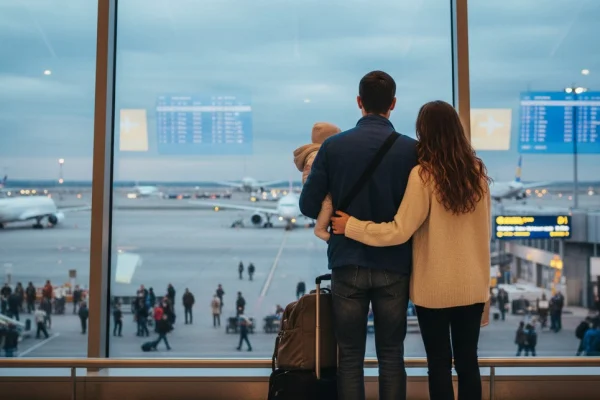

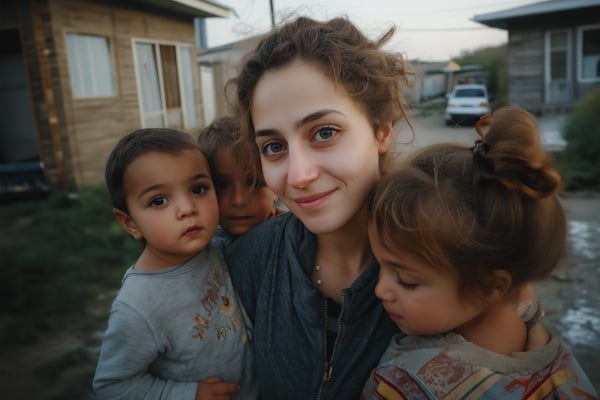

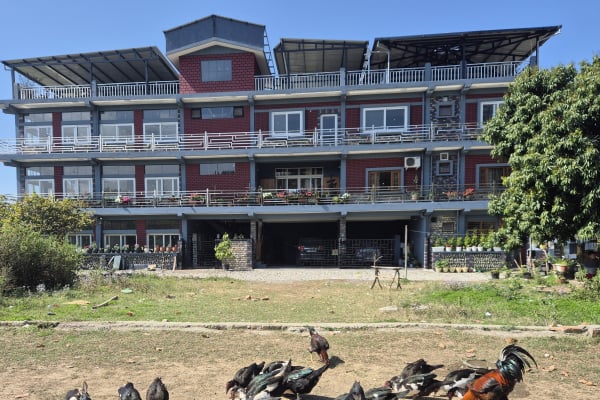


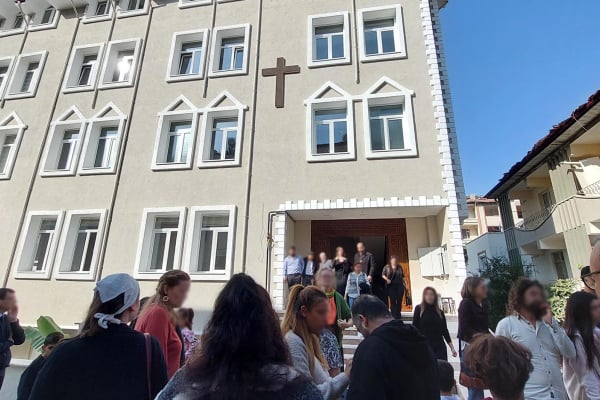

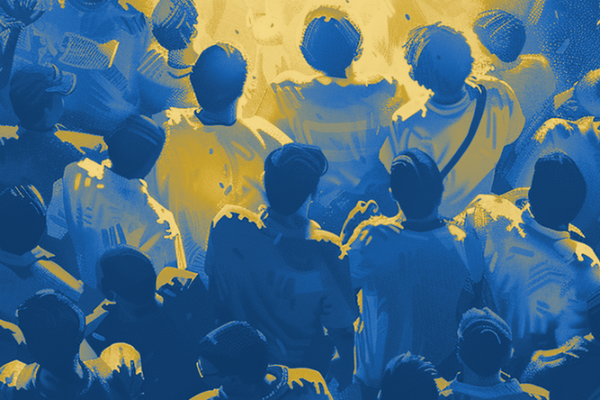

_1724957011_600x400.png)



_1654032461_600x400.jpg)

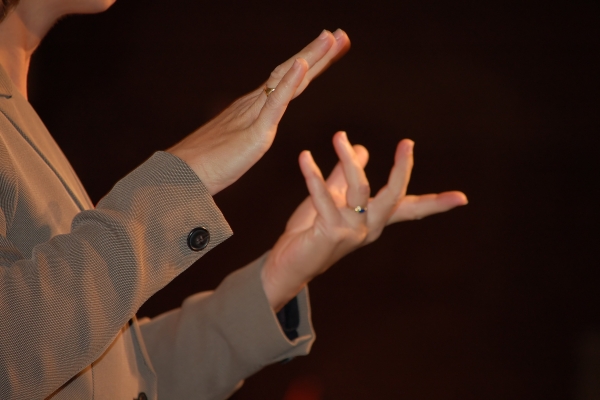
_1617642066_600x400.jpg)
